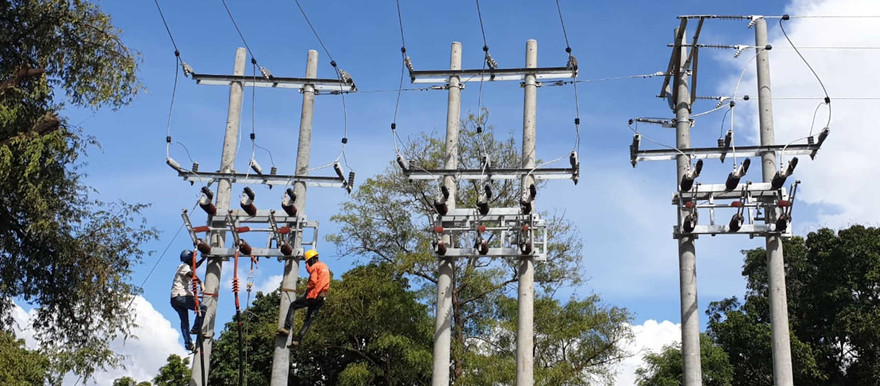The town of Bor , Jonglei State, has been without electricity since Monday after its main power station shut down for scheduled maintenance, leaving homes, businesses and public services struggling to cope.
The blackout, now in its sixth day, has frustrated residents and business owners, many of whom say they were not adequately informed about the outage.
Peter Kajobe, who runs a printing and computer service center in Bor, told Radio Tamazuj that the outage has devastated his livelihood. “My entire business depends on electricity,” he said. “We operate a computer center — you know computers always need power. We’ve been forced to use alternatives, which are costly.”
Kajobe said the timing was particularly difficult, with schools needing exam materials printed and clients requiring secretarial work. “We have large printers that need strong power — we’ve lost a lot,” he added.
He criticized the lack of advance notice. “To make matters worse, we were not told the power would be cut. It goes off and comes back unpredictably. This is a major setback for me and many other small business owners.”
Resident Peter Ajak Ayom said the outage has disrupted daily life and commerce. “Businesses that need constant power are suffering, and homes connected to the grid are left in the dark,” he said. “Even streetlights are off.”
Vendors selling cold drinks, phone charging stations and computer centers are among the hardest hit.
Dhieu Kuol, manager of the Bor power station, confirmed the shutdown was for overdue maintenance. “We had to turn off the generators for their first service in over nine months,” he said. “Engineers from Sudan are handling the repairs, and we did inform the public that operations would pause temporarily.”
Kuol said power is expected to be restored by next Monday — a full week after the outage began.
But many in Bor say such disruptions are too frequent and are demanding better planning.
“When one generator is under maintenance, the other should keep running,” Ajak said. “We need a reliable system that doesn’t paralyze the entire town.”




